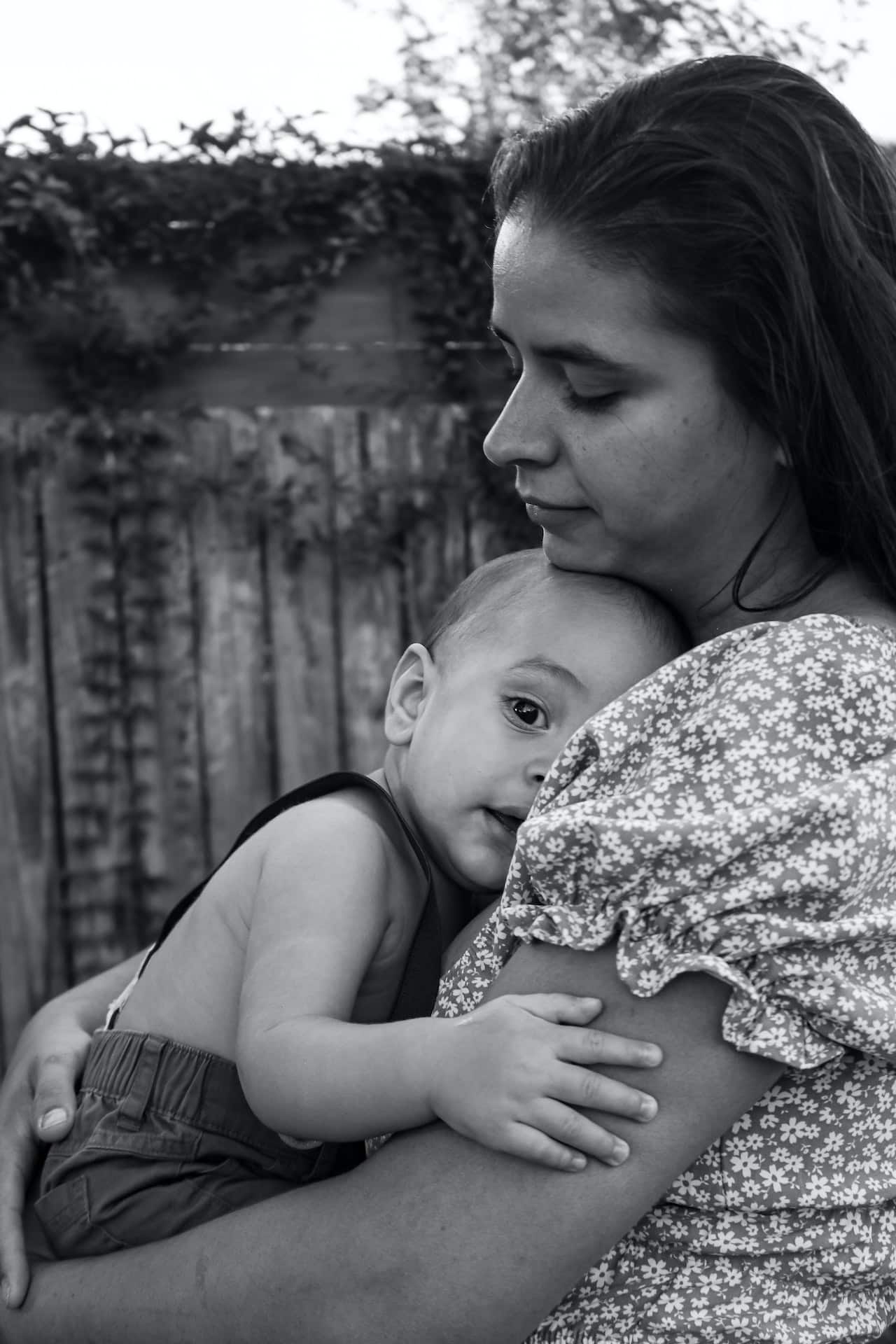Help for new Moms: Overcoming Postnatal Depression
It’s completely natural to experience moments of sadness, disrupted sleep, and a sense of profound change in your life following the birth of your baby.
This transformation occurs due to shifts in your body’s hormones, making it understandably challenging to adapt to this new chapter. Your life has swiftly undergone a significant transformation, commonly referred to as “Baby blues.”
It’s important to note that this is distinct from postnatal depression, which is typically characterised by a brief period of mild mood fluctuations or low-level sadness lasting up to a couple of weeks after childbirth, often not requiring medical intervention.
Baby blues is a common occurrence, affecting more than half of all new mothers. It is commonly seen as a natural response to the significant biological and life-altering experience of giving birth. However, if these emotions persist for several months, or intensify in strength, they may evolve into postnatal depression, which will be helped by taking to a professional in confidence.

I’m Paul Parkin – A therapist and life coach. This is why you should work with me:

Therapeutic online counselling is very helpful to people who have problems which they feel they don’t have answers to. My experience of working with families and children, and my experience of bringing up a son enables me to know the issues and some of the ways in which new mums can be helped through this difficult period, and it really does help to talk.
What some of my recent clients have said about our work together.
‘I can’t thank Paul enough for helping me through the darkest period of my life. When postnatal depression took hold of me, my mood was so low that I neglected my own self-care and, sadly, even my sweet baby. I felt completely disconnected from my little one, and it was heartbreaking.
Paul’s counseling and support was a lifeline. He showed me that it was ok to ask for help and that I wasn’t alone in this struggle. With his guidance, I began to rebuild the bond with my baby, one small step at a time. He helped me discover the joy of motherhood.
But Paul didn’t just help me, he also reached out to my husband at my request, who played a crucial role in my recovery. Together, we learned how to support each other and our baby.
Today, I’m much happier and a healthier mom, thanks to Paul’s compassionate care and the love and support of my family.
If you’re struggling being a new mum and feeling alone, I urge you to reach out to Paul. He can make a world of difference in your life and your baby’s life.‘
Kate, UK
‘I want to share my story because it’s a testament to the life-changing impact of Paul’s postnatal depression counseling. When I was at my lowest point, I was on the verge of harming myself and my precious baby. That is difficult to write, It was a terrifying period in my life, thankfully, desperate, I reached out for help.
Paul was there when I needed it most. He didn’t judge, instead, he provided unwavering support and understanding. He helped me see a glimmer of hope when I thought there was none. With Paul’s guidance and the dedicated medical professionals in my area, I started on a journey towards recovery.
Today, I can proudly say that I’ve overcome the darkest days of postnatal depression. Paul’s counseling played a crucial role in this transformation. He helped me find healthier ways to cope with my feelings and connected me with the right resources.
I’m eternally grateful to him for helping me and my baby find our way to a brighter, happier future. If you’re struggling with postnatal depression, don’t hesitate to reach out to Paul, he truly changes lives.‘
Helen, USA
